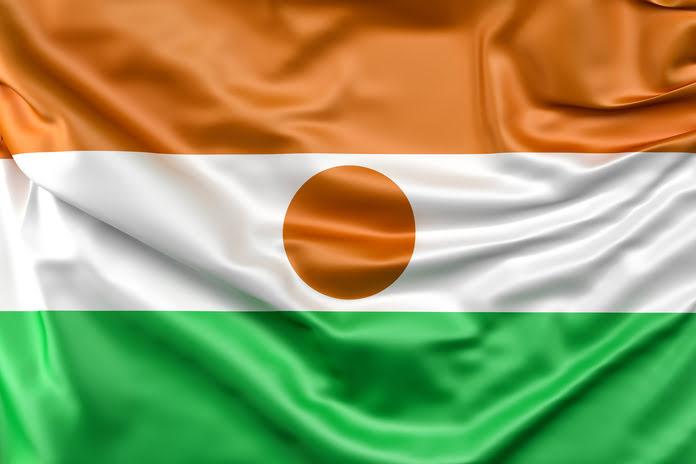West African nations have taken a strong stance against the recent military coup in Niger by issuing a one-week ultimatum to the coup leaders. The ultimatum demands the reinstatement of President Mohamed Bazoum, who was democratically elected by the people of Niger. Failure to comply with this demand within the specified timeframe could result in the use of force by the regional bloc known as ECOWAS, which convened an emergency meeting in Nigeria to address the situation.
In addition to the ultimatum, ECOWAS has imposed strict sanctions on Niger, including the suspension of all commercial and financial transactions between ECOWAS member states and the country, as well as the freezing of assets in regional central banks. These sanctions could have severe consequences for Nigeriens, who already live in one of the world’s poorest countries, according to recent U.N. data. The country heavily relies on imports from Nigeria, which supplies up to 90% of its power, making the economic sanctions a matter of concern for the nation’s citizens. Prime Minister Ouhoumoudou Mahamadou has expressed worry about the impact of these sanctions, highlighting Niger’s dependence on the international community for its economic stability.
ECOWAS has a history of attempting to restore democracies in countries where military takeovers have occurred, but success has not always been achieved. Currently, four nations in West and Central Africa are under military rule, and the region has experienced numerous coups since 2020. The delicate situation in Niger raises concerns about potential violence and conflict, not only between ECOWAS forces and the coup leaders but also among civilians who may have differing views on the coup.
The threat of ECOWAS using force to restore constitutional order in Niger has drawn attention from the international community, with U.S. Secretary of State Antony Blinken commending the regional bloc’s leadership in defending democratic principles. Blinken also joined ECOWAS in calling for the immediate release of President Bazoum and his family, who remain under house arrest since the coup.
The military junta, which seized power in Niger, has already begun taking actions to tighten its control over the country. Several government officials, including the Minister of Petroleum and the President of the ruling party, have been arrested. Furthermore, the junta has imposed restrictions on social media and ordered the return of all government cars by a specific deadline. Such measures indicate a tightening grip on the government and civil liberties in the country.
In response to the ECOWAS decision, pro-junta supporters have taken to the streets in the capital, Niamey, expressing their resentment towards France and their preference for Russia. The demonstrators’ feelings towards France, the former colonial ruler of Niger, appear to be negative, while they show support for Russia, though the extent of Russia’s involvement in the protests remains unclear.
The situation in Niger remains tense, and the international community is closely monitoring developments as West African nations seek to restore democratic governance in the country. The use of force by ECOWAS, if it becomes necessary, could have significant implications not only for Niger but for the entire region. Finding a peaceful and democratic resolution to the crisis is of utmost importance, and the international community continues to urge the coup leaders to restore constitutional order and release the democratically elected president.
Featured Image: Freepik @ www.slon.pics









